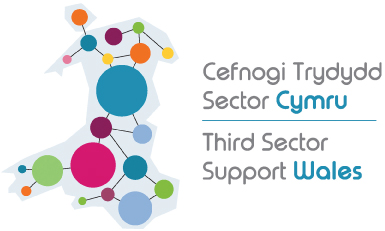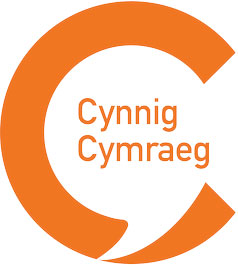Governance is the general term used to describe the legal, supervisory and moral responsibilities arising from the trusteeship.
It also embraces more practical day-to-day issues in the way that trustees work with their chief officer, staff and other stakeholders to deliver the organisation’s objectives.
Governance is about taking responsibility for the running of an organisation and doing everything within the law to ensure its success. This requires a multi-disciplinary approach and that is why it is so important for trustees to have a clear understanding of what governance is – and what it is not.
Guidance for trustees on what matters may need to be reported as a serious incident during the coronavirus pandemic.
It is still important during the pandemic that trustees are aware of matters that may need to be reported as a serious incident. Timely reporting of serious incidents enables them to provide advice and guidance to charities where required. It also helps them to gain a better understanding of the risks facing the sector, which is particularly important now as they seek to understand how the pandemic is impacting on charities.
The Charity Commission, the charity regulator for England and Wales, has launched a new set of simple, easy to understand guides, designed to help trustees run their charities in line with the law.
The new guides cover five key aspects of charity management – a ‘core syllabus’ covering the basics that the regulator expects all trustees to be aware of.
They explain the basics of:
This ‘gateway’ level guidance will make it easier and quicker for all trustees to check what is expected and to find more detailed information if needed, which is all the more important as charities respond to the Covid-19 pandemic. The Commission’s research and testing with trustees have helped shape their design and content.
The publications come as part of the Commission’s programme, outlined in its 2020/21 Business Plan, to deliver updated core guidance and an improved website, so that it is easier for trustees, who are overwhelmingly unpaid volunteers, to access the information they need. This is in line with the Commission’s strategic priority of ensuring trustees have the tools and understanding they need to succeed, and helping them maximise the difference they make.
The Commission stresses that whilst the guides may be basic, they are designed to serve the needs of experienced trustees as well as those new to the role. It says that years of experience cannot immunise even the very best trustees from running into questions or problems.
In September 2020, the Charity Commission launched a new version of the online register of charities.
The online register provides the public with information about individual charities and all registered charities will be listed there.
Each charity’s register entry will now display more clearly whether the charity has been subject to regulatory action or is of ongoing concern. Entries will now show how many staff members receive pay packages of £60,000 and above. It also notes where trustees are remunerated for their work and lists the policies a charity has in place, from safeguarding to conflicts of interest and investments.
Remember, the trustees are responsible for making sure the Commission has accurate information about your charity.
Here you can find information sheets that have been written specifically for trustees and those regarding governance for the voluntary sector in Wales.
Charity Commission Trustee handbook
This guidance by the Charity Commission, explains the key duties of all trustees of charities in England and Wales, and what trustees need to do to carry out these duties competently.
You should read this guidance if you are a trustee of any charity based in England or Wales, including:
You should also read this guidance if you are thinking about setting up a charity or becoming a trustee in England or Wales.
Read more about the essential trustee
This is a simple but really effective guide from the Charity Commission that all new trustees (committee members) should read. It gives you the low-down on what is required from trustees, best practice and excellent guidance on issues that most trustees will come across.
Read more about the charity trustee welcome pack here
The Steering Group responsible for the Charity Governance Code, which sets out seven principles of good governance practice for charities in England and Wales, has published a refreshed version of the Code.
The main changes see clearer recommended practice in the renamed Equality, Diversity and Inclusion (EDI) Principle, and updates to the Integrity Principle to emphasise ethics and the right of everyone who has contact with the charity to be safe.
The updated Code follows a rigorous consultation with the charity sector that involved user focus groups and received over 800 responses. With feedback particularly focused on the diversity and integrity principles, the Code’s Steering Group commissioned specialist EDI consultants to carry out further research and advice.
Charities are encouraged to visit the Code’s website to view and download the new edition of the Code. Explanatory videos and accompanying blogs can also be found on the website.
We can provide guidance, training and support with your organisation’s governance issues and needs.
For further details, contact BAVO, T: 01656 810400 or E: bavo@bavo.org.uk




